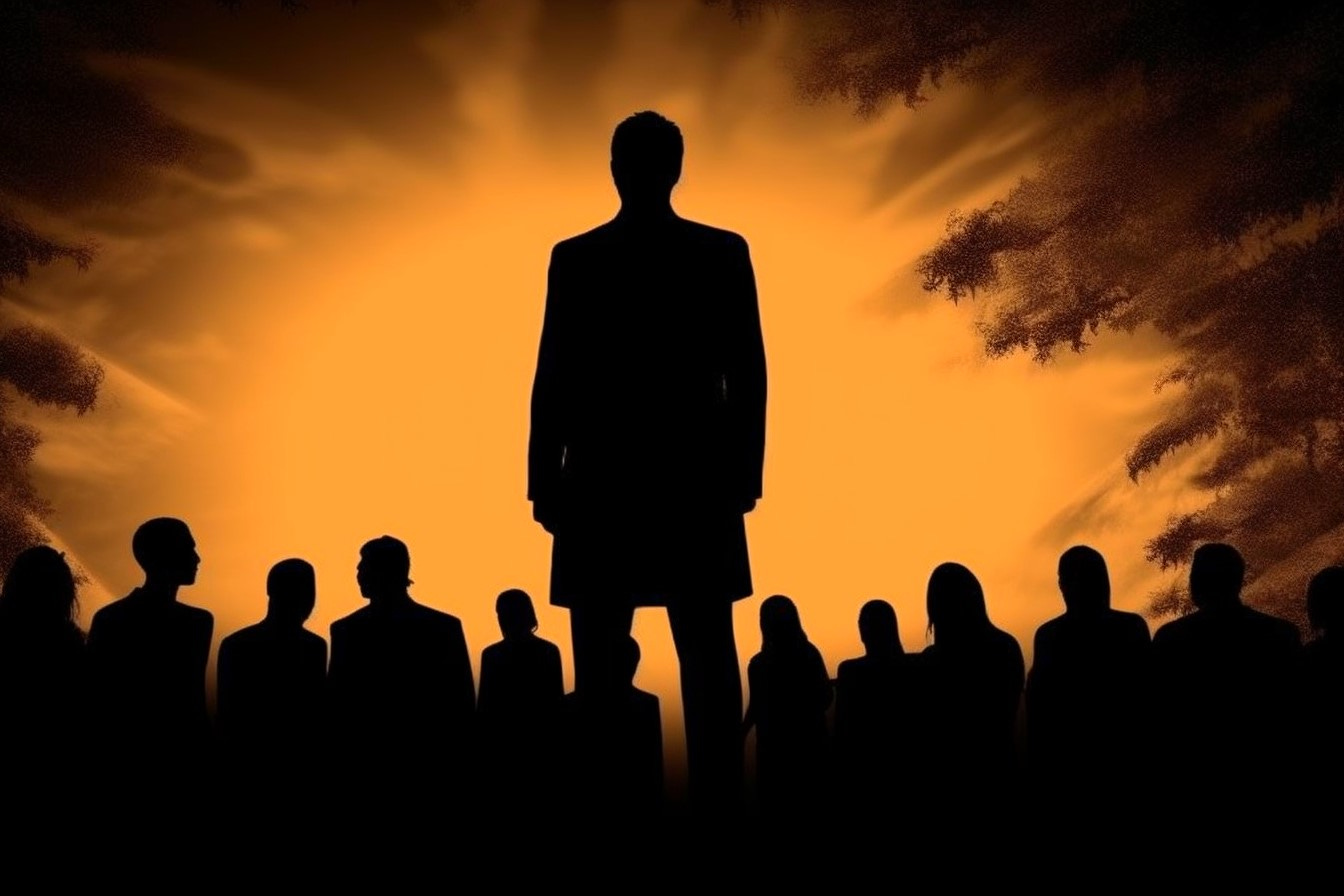Make Sure Your Leaders Are Actually Yours
The difference between natural and controlled leaders.
There are two types of leaders that rise from a movement: natural leaders who arise from the base of a movement and controlled leaders who are elevated from above by dominant powers.
Natural leaders are those who do the work. When a movement feels someone is doing good, it will naturally look to that person as a leader. The leadership of any movement defaults to those who take the most sane cogent risk. Starting an organization, making media, and speaking publicly all involve a degree of risk. When someone takes a smart risk that pays off, others naturally want to follow them.
Controlled leaders risk nothing. They are chosen because they are safe for the systems they claim to oppose. Their power doesn’t come from what they accomplish for the movement but from the dominant platforms that elevate and promote them. If you see the dominant media promote someone as the spokesperson for a movement rather than the community that person claims to speak for, you’re looking at a controlled leader.
In her book The Gentrification of the Mind, author Sarah Schulman describes controlled leaders as “elevated by a structure of domination” and gives the example of conservative columnist Andrew Sulivan.1 Sulivan is a gay pro-life conservative who voted for George W. Bush. Though an HIV-positive gay man, Sulivan is not who most gays would choose to represent them. Schulman suggests that there is a relationship between “the content of his argument and the reward of access.”2 Since the gay movement is here to stay, it makes strategic sense for conservatives to elevate voices within that movement who align with their views. According to Schulman, Sulivan is promoted not on merit, but because he is safe for the dominant system and will never meaningfully threaten their power.
Why would the opposition to a movement elevate certain leaders within it? If a movement gains power, the leaders who arose naturally from that movement will be loyal to that movement. Leaders elevated by the system will be loyal to that system. Controlled leaders act as controlled opposition and will attack those who pose a real threat to the system since that threatens the source of their power.
Audre Lorde’s speech The Master's Tools Will Never Dismantle the Master's House is often misunderstood to mean that activists cannot use an effective technique merely because the system uses it. Lorde gave that speech at an academic conference to white feminists who owed their station to dominant institutions — in other words, controlled leaders. What Lorde pointed out in her speech was that since these women depend on “the master’s house” for their success, they will never meaningfully challenge that system and instead attack other women who threaten the system on which their paychecks depended.
When someone from a movement is elevated by those in power, it can be tempting for the movement to think they are “winning.” If winning is defined merely as approval, then yes. However, this approval is a fool’s gold the system is offering so they don’t have to give the real prize of power. What the dominant system gives it can take away at any point. Real change comes when the leaders of a movement have their own power and can offend or threaten the system without consequence.
Schulman, Sarah. The Gentrification of the Mind : Witness to a Lost Imagination. Berkeley, Calif., California University Press, 2013, p. 123.
Schulman, Sarah. The Gentrification of the Mind : Witness to a Lost Imagination. Berkeley, Calif., California University Press, 2013, p. 123.


